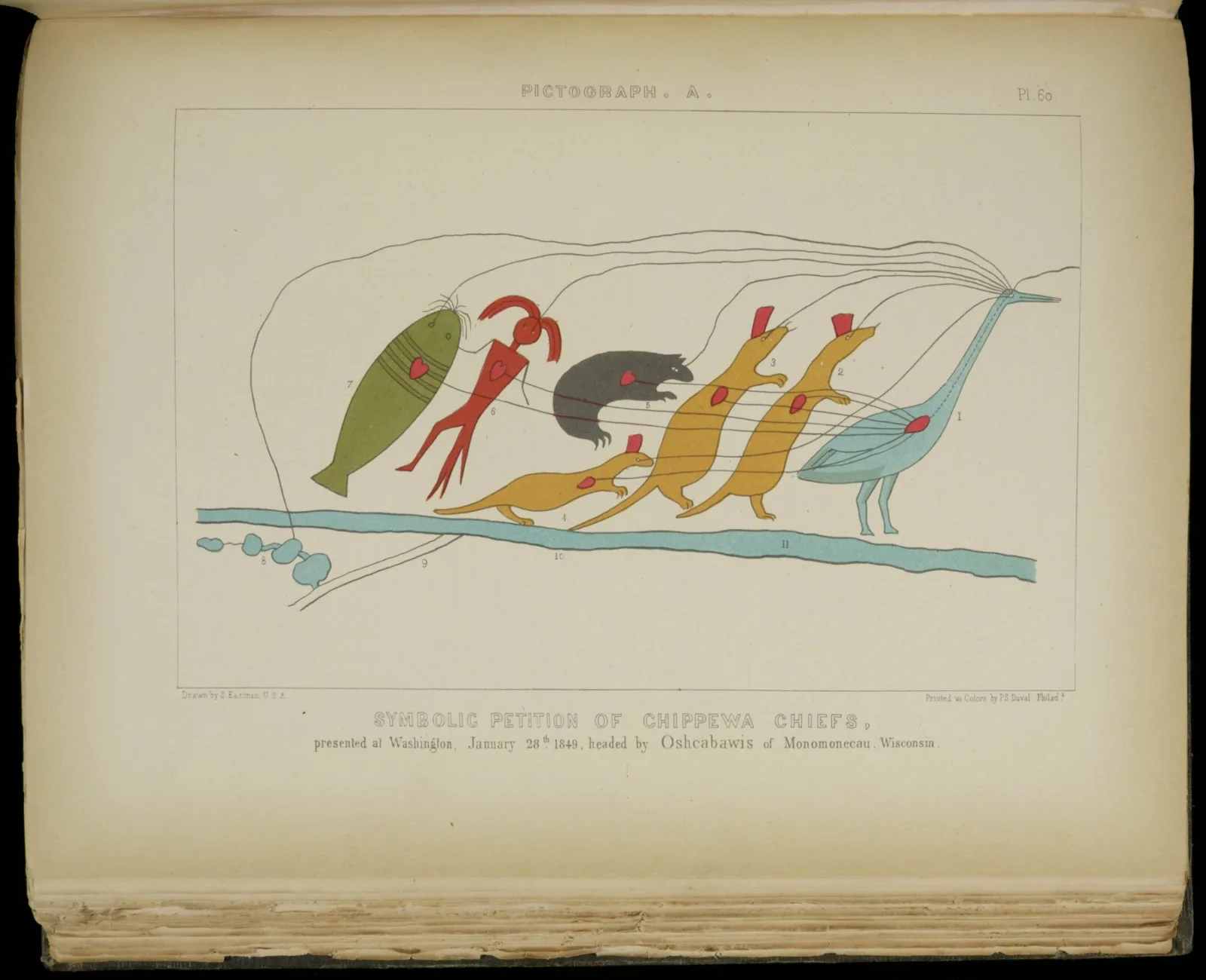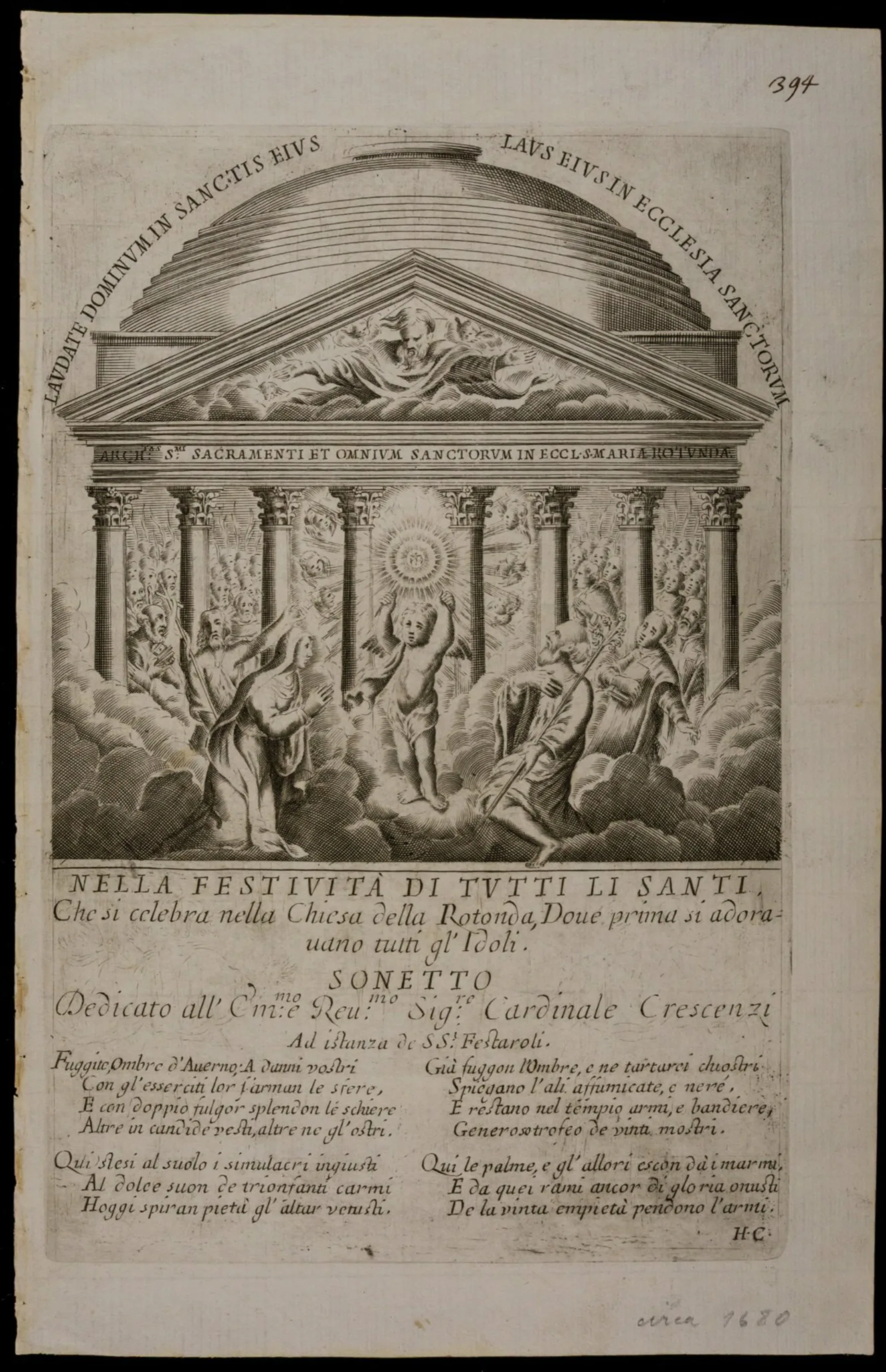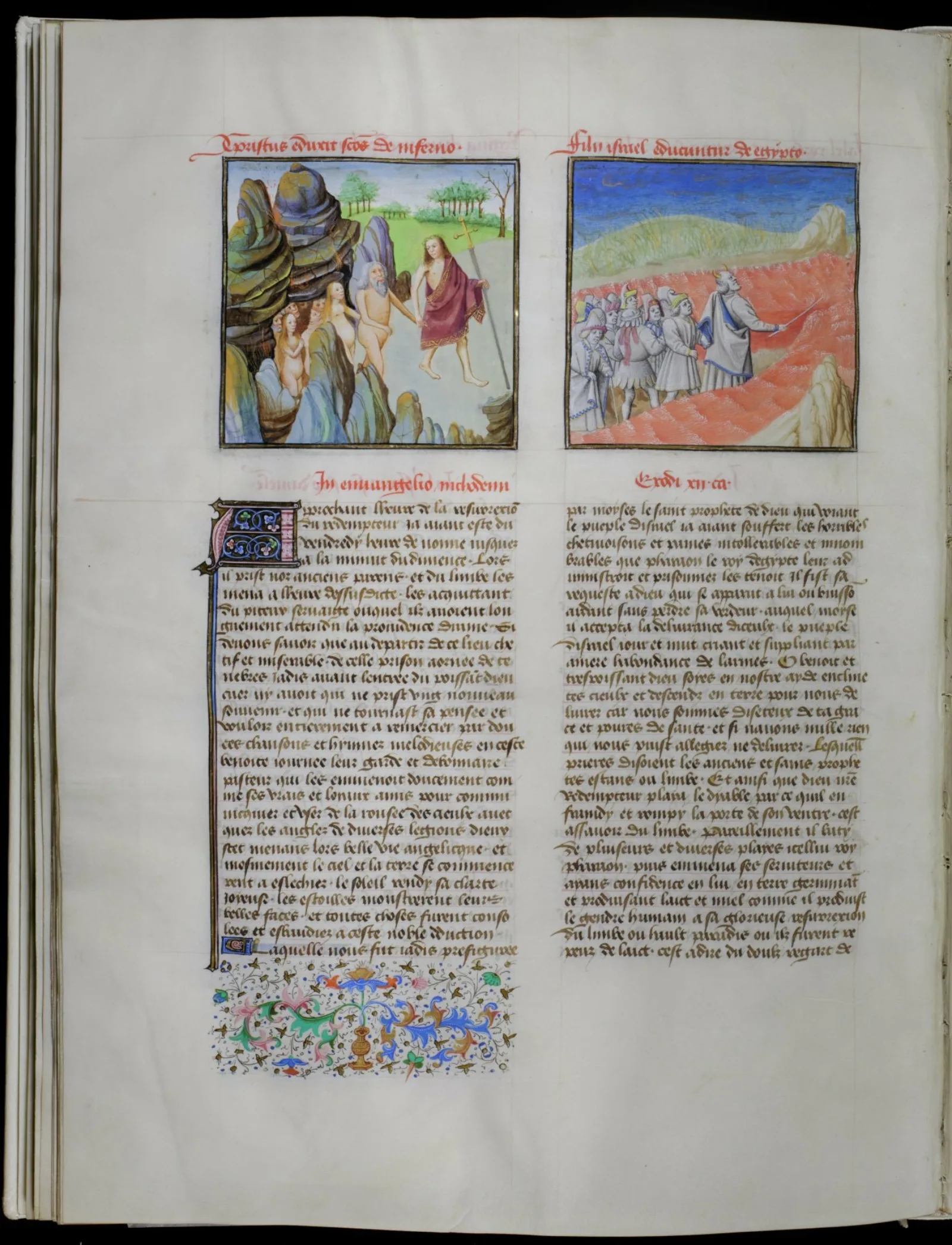Description
The Centre for the Study of the Renaissance at the University of Warwick, along with the Center for Renaissance Studies and the D’Arcy McNickle Center for American Indian and Indigenous Studies at the Newberry Library are pleased to announce that abstracts are now being accepted for the final phase of Processing the Pandemic: a multi-year series of seminars and symposia that explore how the experiences of the past may guide society’s emotional and social responses to the COVID-19 pandemic. How can we—as an open community of scholars, teachers, archivists, social workers, and practitioners—learn from these experiences and from each other in transformative, inspiring, transdisciplinary ways? How can such dialogues reframe existing discussions around the history of emotions, our responses to trauma, and how we navigate from loss to hope? Moreover, how can the study of peoples’ responses to traumatic events in the past and present help guide our own experience of the pandemic and its unfolding future?
Following our first in-person symposium on Loss at the Newberry Library in April 2022, and an ongoing series of virtual seminars, we are now inviting proposals for the final event in the series: a transdisciplinary symposium around the theme of Hope to be held at the University of Warwick on April 13-14, 2023.
Processing the Pandemic III: Hope will conclude our discussions as we attempt to trace new pathways to answer the question of how communities in both the past and present move from Loss to Hope, navigating the complex constellations of emotions that result from such crises.

Participant Bios
Click here to see bios for all conference participants.
Schedule (all times GMT)
Thursday, 13th April, 2023
12:15-12:30 p.m. — Welcoming Remarks
Bryan Brazeau (The University of Warwick, UK)
Christopher Fletcher (The Newberry Library, USA)
Rose Miron (The Newberry Library, USA)
12:30-1:30 p.m. — Keynote Lecture I: “Pandemics and Apocalypse in World Literature”
William Franke (Vanderbilt University, USA)
1:45-3:30 p.m. — Pedagogies of Hope
“The Future is Green: Processing Hard Emotions to find Hope”
Bruno Grazioli (Dickinson College, Italy)
“Remembering Covid in Teams? Troubling Care and Affective Unravelling”
Cathy Wade and Lisa Metherell (Birmingham City University, UK)
“Resilient Stillness – A Performative-Based Workshop”
Brittney S. Harris (Old Dominion University, USA)
4-5 p.m. — Looking Back / Looking Forwards: Roundtable Reflection with Participants from Previous Events and Workshops in the Series
Dolores Bigfoot (University of Oklahoma, USA)
Angelica Duran (Purdue University, USA)
Tara Bynum (University of Iowa, USA)
Jennifer Scheper Hughes (University of California, Riverside, USA)
Cathy Caruth (Cornell University, USA)
5:30 p.m. — Reception
Sponsored by Warwick Centre for the Study of the Renaissance
Friday, 14th April, 2023
From Trauma to Hope in Past and Present
9:30–11:00 a.m. — Roundtable I: Legacies of Trauma, Legacies of Hope
“Making Sense of Traumatic Times: Resiliency, reason and Hope in Women’s Trans -Historical Writings”
Joanne Wright (University of New Brunswick, Canada)
“On the Road to Bliss: The Triumph of Hope in Prints and Moral Philosophy as a Cure for Religious Conflicts in the Borderlands of the Hapsburg Empire (1526-1662)”
Maria Vittoria Spissu (University of Bologna, Italy)
“Crusading Ghosts and Ambiguous Hopes in Times of Trauma”
Thomas Herron (East Carolina University, USA)
Anne-Hélène Miller (University of Tennessee, Knoxville, USA)
11:30 a.m.–12:15 p.m. — Creative Workshop
“All Shall Be Well: Finding Modern and Medieval Hope Inside a Pandemic Bubble”
Kathy Greenholdt (Songwriter, Chicago, USA)
New Pathways for Hope: Indigenous and Postcolonial Subjectivities
1:30-2:30 p.m. — Keynote Lecture II: “Hope Through the Lens of Indigenous Futurity"
Blaire Morseau (University of Massachusetts, Boston, USA)
2:30–3:45 p.m. — Roundtable II: Native American and Indigenous Experiences: Past, Present, and Future
Moderator:
Rose Miron (D’Arcy McNickle Centre for Native American and Indigenous Studies, Newberry Library, USA)
Discussants:
Alexandra Lamiña (University of Texas, Austin, USA)
Alyssa Mt. Pleasant (After the Whirlwind (ATW) Research and Consulting, USA)
Alika Bourgette (University of Washington, USA)
4-5 p.m. — Keynote Lecture III: "Hope Against Hope"
Jesse McCarthy (Harvard University, USA)
5:00 – 5:30 p.m. — Conclusions and Closing Remarks

Registration
This event is free and open to the public. It will take place in-person at the University of Warwick, but all sessions will be available virtually on Microsoft Teams. Those wishing to attend virtually must register in advance.
Click Here to Register